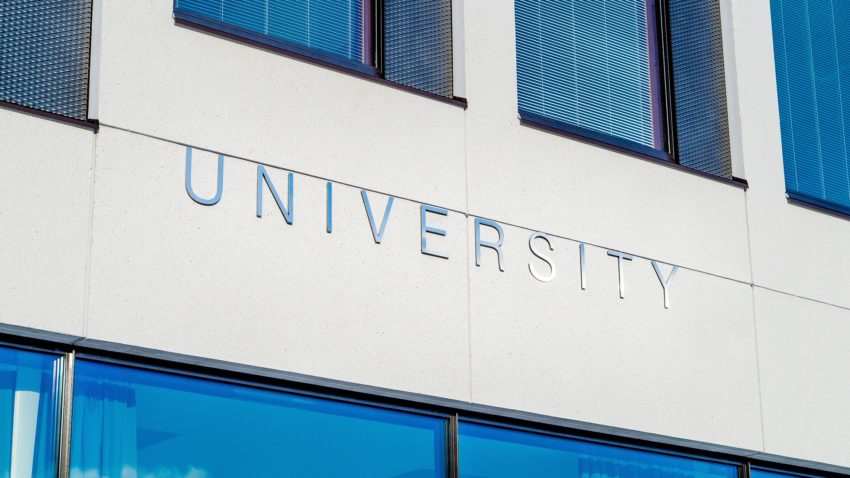President Calvin Coolidge once said, “Teaching is one of the noblest of professions.” It’s also a great gig!
I have had many conversations over the years with people who feel drawn to becoming a professor. I used to have a pretty standard spiel. After all, higher education in the Western world remained relatively unchanged for more than a century.
However, since higher education entered its period of market disruption over the past decade, my conversation with aspiring academics has changed considerably.
The Way It Was
Inevitably, a PhD (or some other acceptable doctorate) is the gateway to becoming a college professor. Many of my classmates from my doctoral program referred to it as getting your union card.
The path to a successful career in academics used to be pretty straight forward. Earn your doctorate, check off the right boxes in your early career (which varies significantly by the type of school you want to work in), get tenure, and then you are set until you retire.
The main decision point has always been around what type of university environment fits your desired trajectory. Want to work at a major university? You need to develop really good research skills through a top ranked doctoral program. Research is what will define your success. Want more of a balance between research and teaching? In this case, you still need to go through a strong doctoral program, but it does not have to be an elite university. Moderate research and strong teaching are the expectations for tenure. Looking to primarily be a university teacher? That widens the field of doctoral programs even a bit more. You will still need to do a little research, but excellence in teaching is what will ensure a long and happy career.
I always recommended folks try out the teaching part of it before they start the long-term commitment of a doctoral degree. I have known dozens of academics who did very little or even no teaching until they had finished their doctorate, only to find they really did not like teaching. It is not for everyone! These folks seem to spend their careers trying to find ways to reduce their teaching load as much as they possibly could.
The Way It Will (Might) Be
These days, much of my advice to people aspiring to an academic career is based on a two-part answer.
The first part is the same advice as I gave before. Old institutions, traditions, and habits die hard. Although there are some changes happening, much of what it takes to become a professor and achieve early career success remains the same as it always has been.
The disruption that is happening in higher education is and will trickle down to the everyday lives of professors.
The trends in higher education are creating change in existing universities. These changes are beginning to impact the work of professors. The work I do as a professor has evolved significantly since I came back to teaching twenty years ago.
However, the change is just beginning to build momentum. Over the next twenty years, the changes in higher education are going to fundamentally alter everything about teaching post-secondary students.
Most doctoral programs are not even thinking about these changes. They tend to be entrenched in their traditions and will be the last to change.
So, what does a person who intends to spend the next thirty years of their career in academics do to prepare to be successful in the new environment of higher education? They need to think like an entrepreneur.
They need to embrace change, adapt their skill sets as the context of teaching evolves, and be ready to think about opportunities beyond just the traditional university. There will always be an important role for universities as we know them today, but post-secondary learning also will take place in corporations, online, and in other non-traditional settings.
I firmly believe that the next 30-40 years will be an exciting time to be an academic professional. But, the most successful professors in the new world of higher education will be those who view themselves as academic entrepreneurs.

I think it is very interesting to read how the world of academia in higher education is shifting. I was particularly interested to read about the different levels of research and teaching desired and how that impacts the desired doctoral program. Being entrepreneurial is particularly important in this day and age and having a flexible professor is a great asset.
I think it takes a special person to be a teacher or a professor. You deal with so many different personalities; which can be a difficult task for many to cope with and how to prepare for a day to be with them.I agree with trying it out before committing to a long road to a doctoral degree.